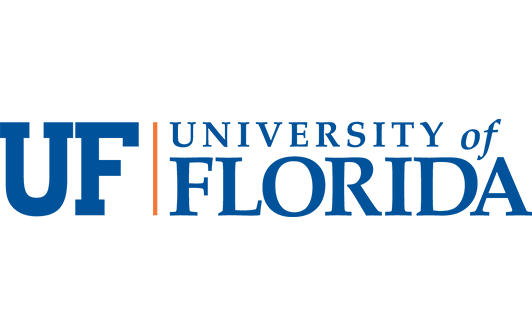University of Florida: UF/IFAS receives nearly $1 million grant to engage more low-income students in geomatics
The grant, part of the NSF-Scholarships in Science, Technology, Engineering and Mathematics (S-STEM) program, will fund a six-year project. During that time, participating students will receive scholarships and support services and will be part of a research study. That study will identify factors that can lead to academic success and retention for low-income students in geomatics.
“The proposal for this grant stemmed from the UF/IFAS geomatics faculty’s desire to increase the number of professional surveyors and mappers to support the state of Florida’s economic growth,” said Amr Abd-Elrahman, an associate professor of geomatics and principal investigator of the project.
The project will fund 38 scholarships for full-time and part-time students.
“Financially stressed students often face academic, structural, economic and social barriers affecting their pursuit of STEM education such as geomatics,” said Abd-Elrahman.
The project will also provide extra and co-curricular activities during enrollment.
“Support services are a core component of this project,” said Katherine Britt, a geomatics specialist at the Gulf Coast Research and Education Center (GCREC). “Some of these services include pre-admission advising and recruitment activities, regular academic and professional mentoring.”
Additional support will provide professional certification assistance, as well as sponsorship for professional conference participation and professional development opportunities to help students transition to the workforce.
Through the project, faculty also want to improve their collaboration with community and state colleges and professionals in industry. They’ll recruit transfer students from community and state colleges, and help students successfully transition to UF/IFAS and complete their geomatics degree.
“There will also be a social science component to the project in the form of a six-year study,” said Alison Adams, an assistant professor at the UF/IFAS School of Forest, Fisheries and Geomatics Sciences at the main UF campus in Gainesville. “The study will examine the effects of extracurricular support and the structure of the geomatics degree program as a blended and geographically distributed program.”
Researchers will try to identify the barriers affecting the enrollment of low-income students and the factors contributing to student advancement.
The UF/IFAS statewide geomatics model, adopted in 2007, is recognized as a pioneer in distance education of geomatics – a field that requires practical and field training.
The program provides hands-on and lab instruction from the main campus in Gainesville, GCREC in Plant City, and the Fort Lauderdale Research and Education Center (FLREC) in Davie.
“Our graduates are equipped with broad skill sets, involving mapping using piloted and/or un-piloted aircraft systems, land surveying using satellite systems such as GPS, laser scanning for 3D modeling, precise property boundary determination, and geospatial analysis,” said Bon Dewitt, associate director of geomatics for the School of Forest, Fisheries & Geomatics Sciences.
Career opportunities abound for UF/IFAS geomatics graduates. They include private surveying and mapping, environmental protection, emergency management and gauging sea-level elevation.
For the project, Abd-Elrahman, who oversees the Geomatics undergraduate and graduate program at Gulf Coast Research and Education Center (GCREC), will work with a team of faculty and staff from each of the sites. Geomatics program faculty on the project include Benjamin Wilkinson, an associate professor of geomatics in Gainesville, Henry Hochmair, an associate professor of geomatics at FLREC.
“We hope to start the first cohort in the fall of 2022 and ultimately establish a sustainable academic pipeline and support framework for geomatics students that continues to provide the state with high-quality professional surveyors,” said Abd-Elrahman. “While the NSF S-STEM program only targets low-income students, we hope the project will establish a sustainable support framework benefitting all the students in the program, beyond the project duration.”

